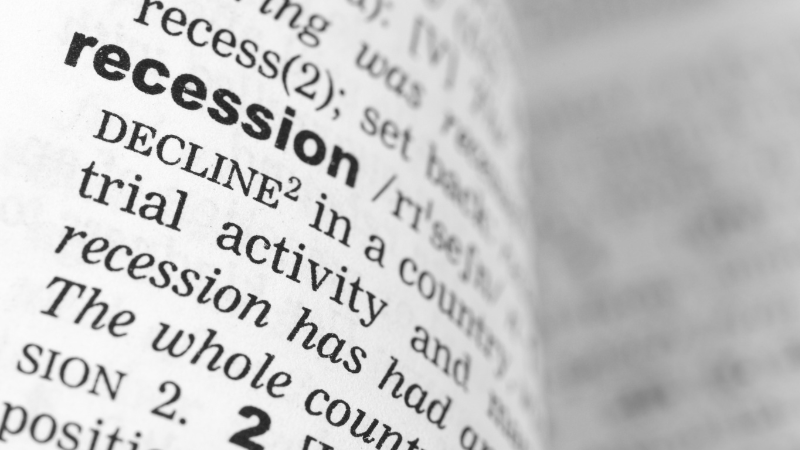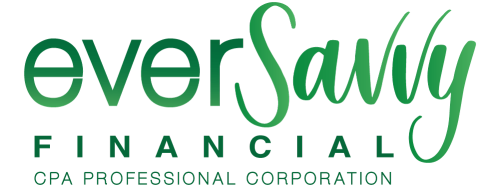
In July, the Bank of Canada raised interest rates another percentage point to 2.5%, impacting anyone with variable rate debt or newly acquired debt (mortgages, lines of credit, financing, etc). Further increases are expected as inflation remains at a record high.
If inflation remains high, this could lead to a recession; but are we on that trajectory? How soon will we see the impact? And is there anything we can do to protect ourselves?
First: what is a recession? A recession is a period (months, or years) of economic decline – signalled by a negative GDP. Technically this is two consecutive quarters of negative GDP growth. Its accompanied by falling sales, as people’s purchasing power is significantly curbed (sound familiar?) and high unemployment. In Canada, the Federal Government declares when the country is in a recession.
Canada recently, and quietly, climbed out of a recession. It was declared in 2020, and lasted through 2021, during the COVID-19 pandemic. Recession talk is back now that inflation continues to break historical records, but an RBC analysis from July 2022 suggests that the outlook isn’t as grim as it seems.
Here are the key points:
- It’s likely that a recession will be declared in Canada by 2023
- Inflation, labour shortages, high food and energy prices, and high interest rates are likely the causes for the contraction – as well as a slowing of household spending
- The predicted recession may be relatively moderate and short-lived – for example, unemployment is predicted to be 2% lower than the 2008/9 recession
- The slowing of the US’s economy (and global growth) will likely also have an impact
On a personal level, here are some of the challenges that Canadians may face:
- Employment challenges: difficulty retaining current job, or finding a new one, depending on the sector
- Investments: may decline in value
- Debt management: increased interest rates may make debt management harder
- Difficulty borrowing money: due to higher interest rates (and failing lenders’ “stress tests”)
While there will be challenges as inflation and interest rates stay high, financial analysts are weighing in and saying that a recession may not be inevitable, or prolonged.
No matter what, careful monitoring and preparation are key to keeping your personal financial situation strong. Here are EverSavvy Financial’s top tips to Stay Savvy with your finances:
- Avoid credit card debt and making big purchases if they put too much strain on your current financial situation
- Build your savings – it’s recommended to have enough to cover at least 6 months of expenses in your emergency fund
- Take a longer view with your investments – while it may be unsettling to see their value decrease, a longer perspective often results in their re-gaining value over time
We’ve been through a lot these last few years. It’s my hope that the 2022 EverSavvy Financial Inflation Special has given you useful information, and confidence, that financial resilience can come from planning and preparedness. It is my business and my passion to help individuals and small businesses maintain a growth mindset, and I am committed to your success.

Recent Comments